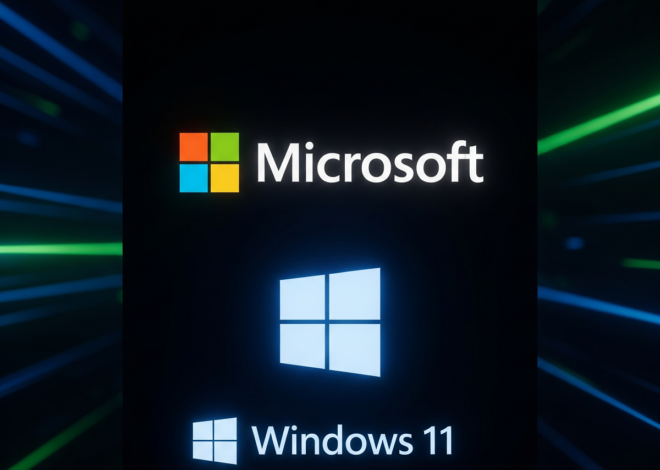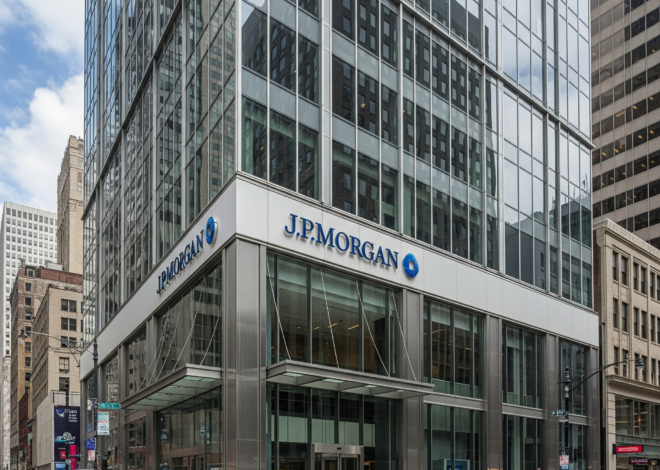
HSBC Profit Dives: $3 Billion Chinese Bank Charge Takes a Bite
- HSBC Holdings Plc reported an 80% decline in pretax profit for the fourth quarter, largely due to unexpected charges related to its holdings in a Chinese bank and the sale of its French retail operations.
- HSBC remains committed to its strategic pivot towards the faster-growing markets of Asia, emphasizing its confidence in the region’s potential while acknowledging geopolitical tensions as a factor requiring careful navigation
HSBC Holdings Plc, one of the world’s largest banking institutions, recently announced its fourth-quarter financial results, revealing a significant decline in profit. Here’s a breakdown of the key factors impacting HSBC’s performance and its strategic outlook moving forward.
Unexpected Charges and Profit Decline
The London-headquartered bank reported an 80% drop in pretax profit for the final quarter of the previous year, with earnings plummeting to $1 billion from $5.05 billion in the same period the year before. The decline was primarily attributed to unexpected charges, including a $3 billion charge related to its holdings in Bank of Communications Co. and a $2 billion charge stemming from the sale of its French retail operations.
Also Read: HSBC Reports Record Annual Profit Despite China Challenges and Market Concerns
HSBC’s Response to Charges
In response to the unexpected charges, HSBC’s CEO Noel Quinn emphasized that they have no significant impact on the bank’s capital position or its ability to distribute dividends. Quinn described the BoCom charge as a technical accounting issue and reaffirmed the bank’s strong confidence in the Chinese economy, despite recent challenges.
“We believe our partnership with BoCom has been a good partnership for 20 years, and that status has not changed at all,” Quinn said.
Global Headwinds and Uncertain Outlook
While HSBC reported record full-year earnings driven by rising interest rates globally, the bank faced headwinds, particularly in China, one of its key growth markets. The ongoing real estate crisis in China necessitated provisions for potential losses, amounting to $200 million in the fourth quarter. Additionally, geopolitical volatility in Europe and the Middle East has contributed to an uncertain outlook for the bank.
Asia Pivot Strategy
HSBC has been strategically pivoting its business towards the faster-growing markets of Asia, where it generates the bulk of its profit. This strategy has involved divesting businesses in regions like France and Canada while acquiring assets in insurance and wealth management sectors in Asia. Despite challenges, HSBC remains committed to its partnership with Bank of Communications Co., emphasizing its longstanding relationship and continued confidence in China’s market potential.
You can see our confidence in China is still strong, and we’re investing and we’ve done three bolt-ons there,” Quinn said. “We’ll continue to look for bolt-ons, particularly in our wealth management business.
Future Prospects and Geopolitical Considerations
Looking ahead, HSBC aims to continue its expansion in Asia through bolt-on acquisitions, particularly in its wealth management business. However, geopolitical tensions remain a concern for the bank, given its role as a financial intermediary between the West and China. Recent political controversies underscore the delicate balance HSBC must maintain in navigating geopolitical dynamics while pursuing its growth strategy.
In conclusion, HSBC’s fourth-quarter results reflect a mixed performance influenced by unexpected charges and ongoing global challenges. As the bank continues to execute its Asia pivot strategy and navigate geopolitical complexities, its ability to adapt and capitalize on growth opportunities will be crucial in shaping its future trajectory.


